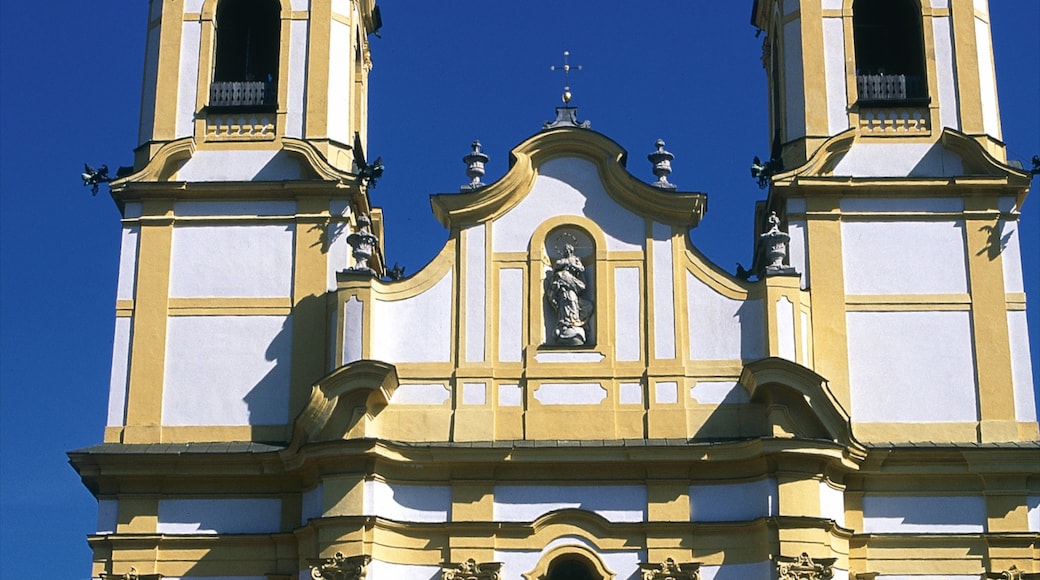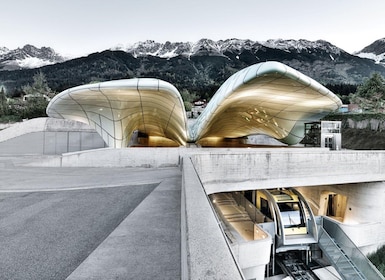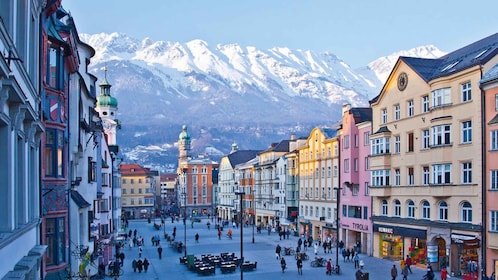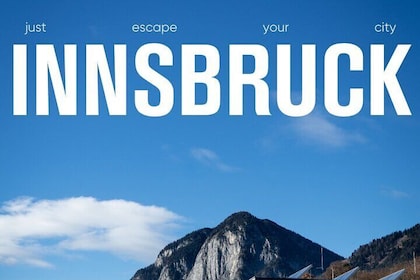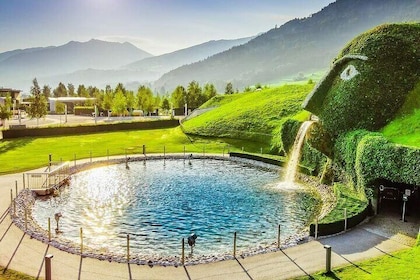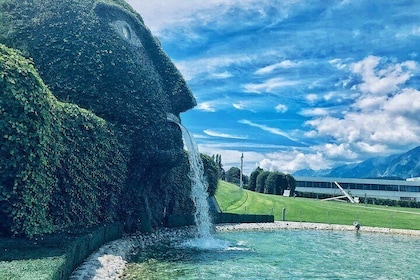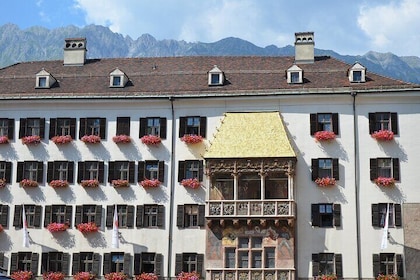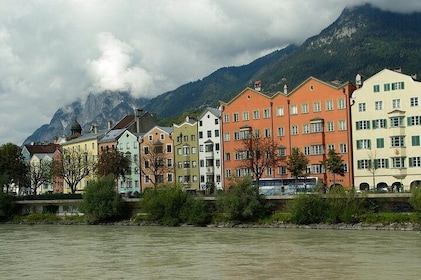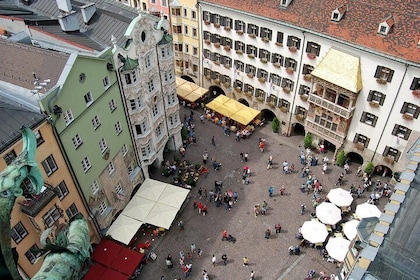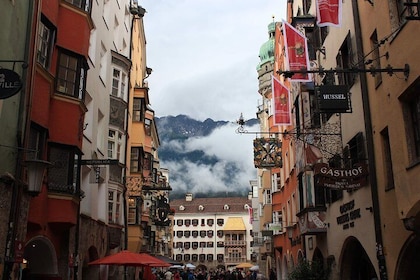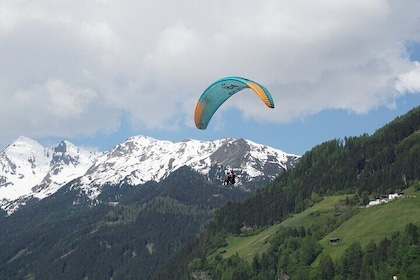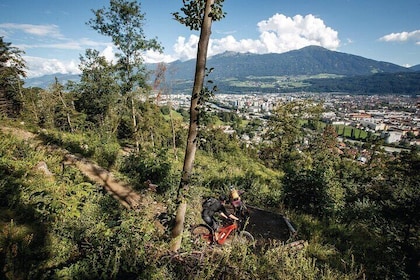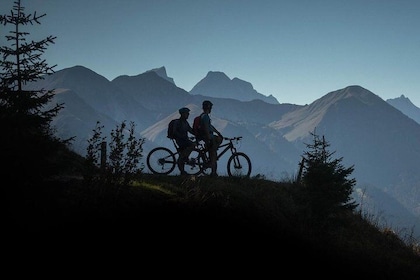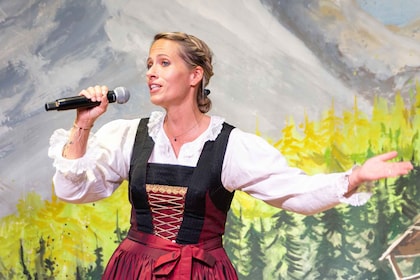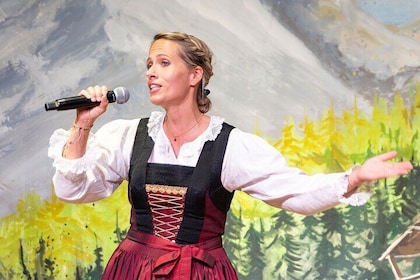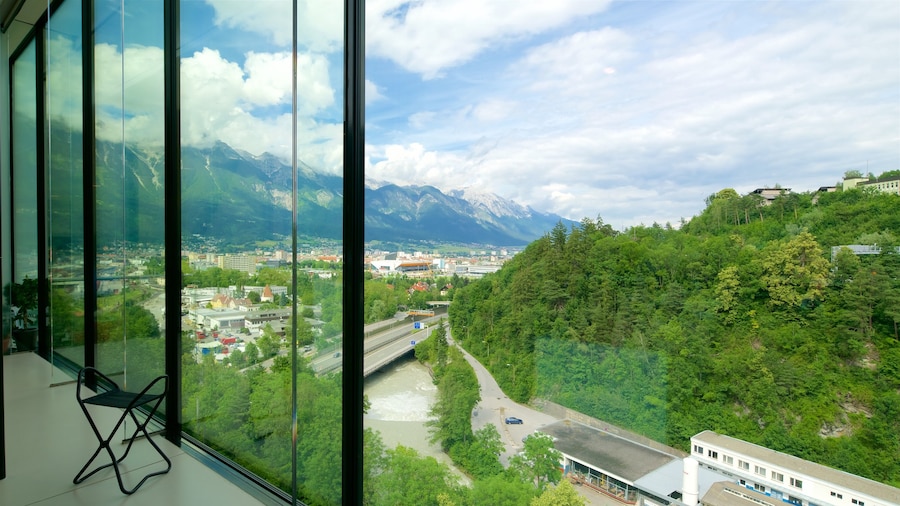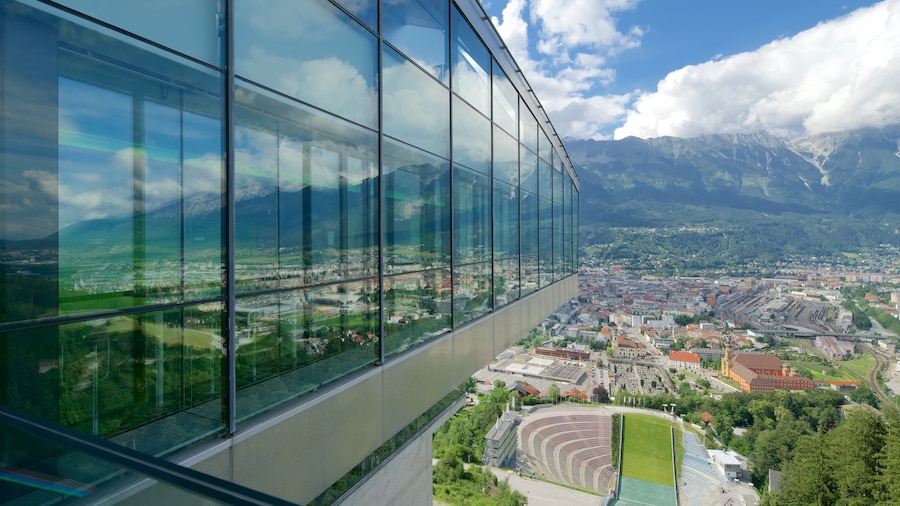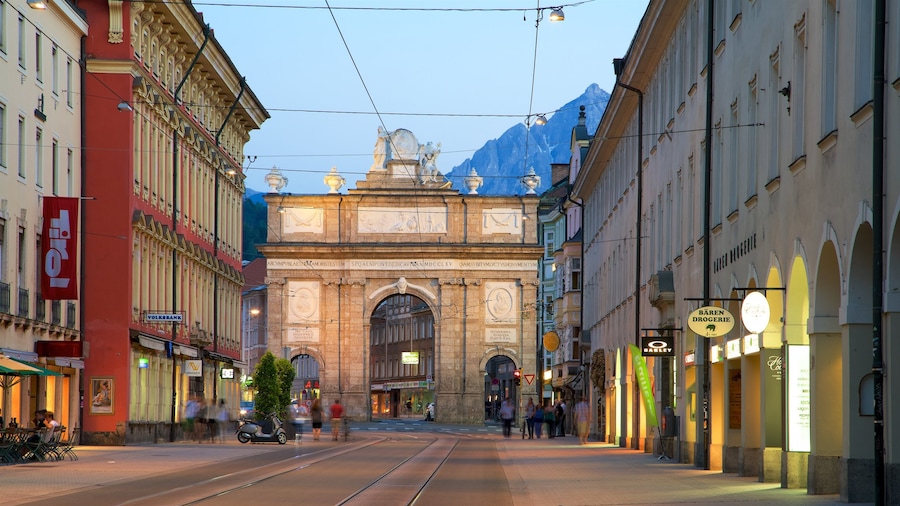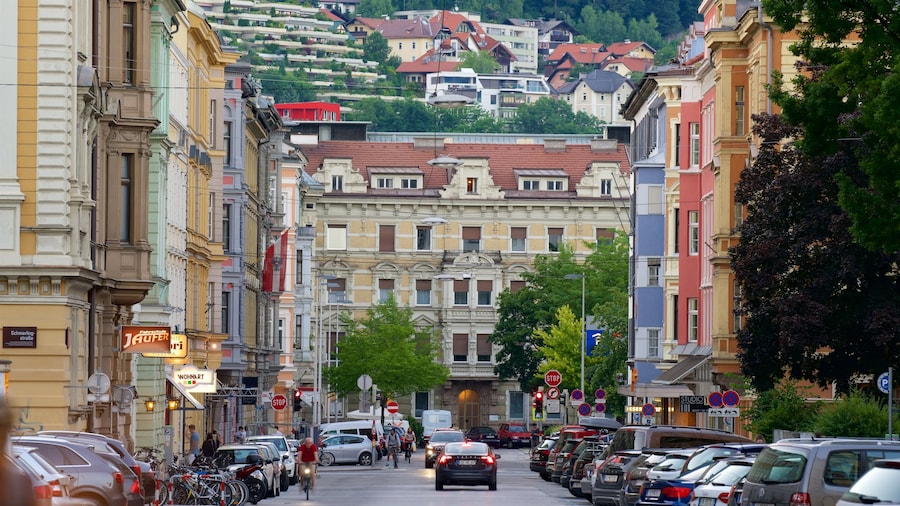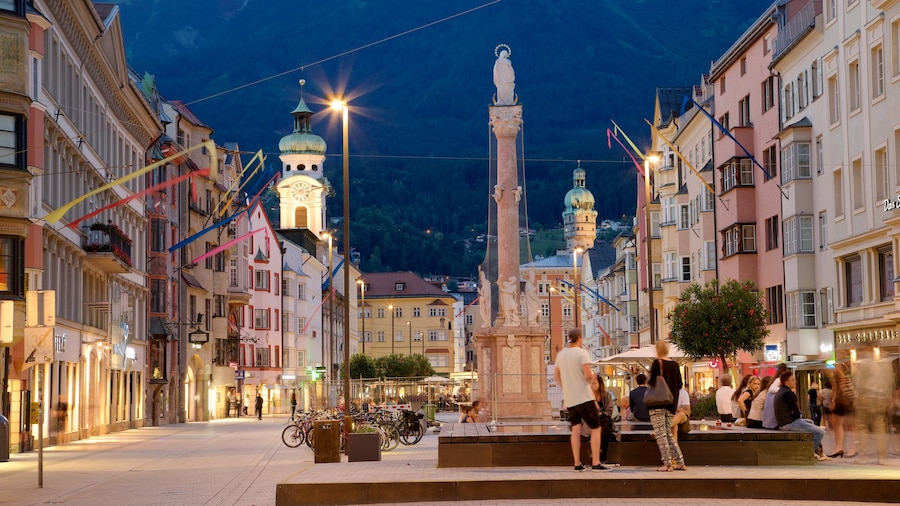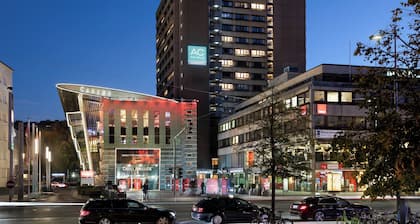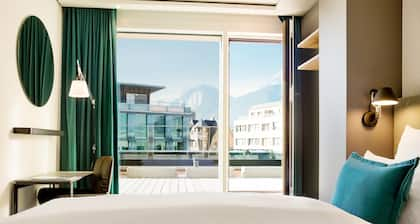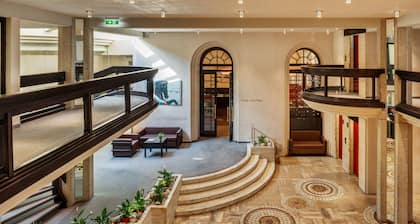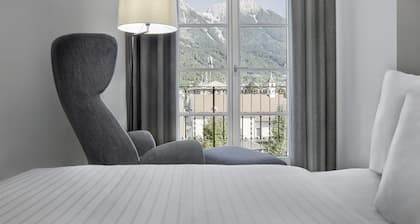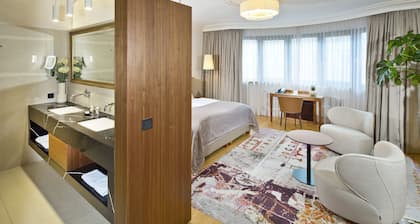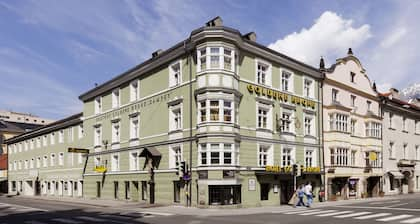Wilten Basilica has played a special role in the religious life of the area around Innsbruck for centuries – both as a place where some of the earliest Christians worshipped and as a site of pilgrimage. Today it continues to minister to the local community whilst opening up its beautiful artwork and history to visitors.
Archaeological evidence suggests that Roman soldiers who occupied this area of Austria in the fifth century AD built a church here in the very early days of Christianity. By 1259, the area was known as a place where pilgrims would travel to worship an icon of the Virgin Mary, and a new medieval church was built to welcome them at this time. As the area’s fame grew, the church became too small to accommodate all of the pilgrims, and many extensions were carried out, until the medieval church was demolished in 1755 and replaced with the building that is standing today.
Designed by Joseph Stapf, the building is in the rococo style of the mid-18th century, and its decoration highlights its primary purpose as the home of a sandstone statue of the Madonna, known as Our Lady of the Four Pillars, in reference to the columns that surround it. The statue sits in pride of place in the high altar, and its beauty has led pilgrims to travel many miles to visit it and inspired the artists who worked on the rest of the basilica’s interior.
From the outside, Wilten Basilica resembles many other Tyrolean churches, with its simple white walls and traditionally shaped towers. Walk through the doors and you are immersed in a world of delicate colour and intricate craftsmanship. The eye is immediately drawn to the impressive ceiling, where Matthaus Gunther has painted scenes from Mary’s life. The delicate plasterwork and mouldings throughout the church are testament to the importance of this building, and the use of gilding, especially on the balcony-style pulpit, gives an overall impression of light.
Wilten Basilica is located 20 minutes’ drive south of central Innsbruck – public transport is also available. The basilica is open daily and entry is free.
